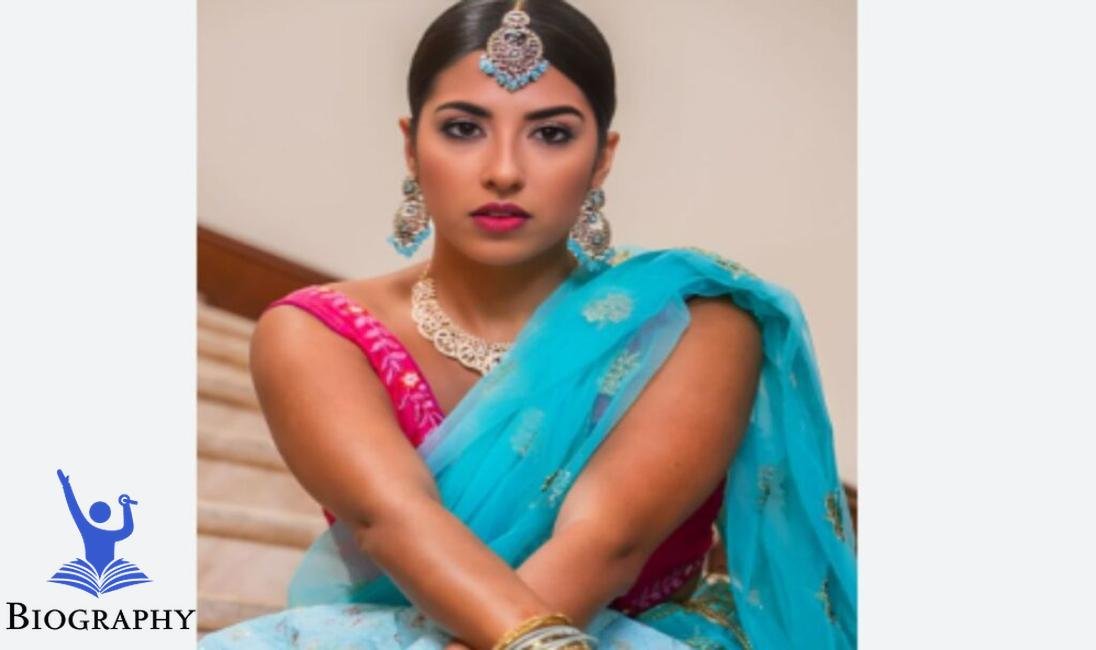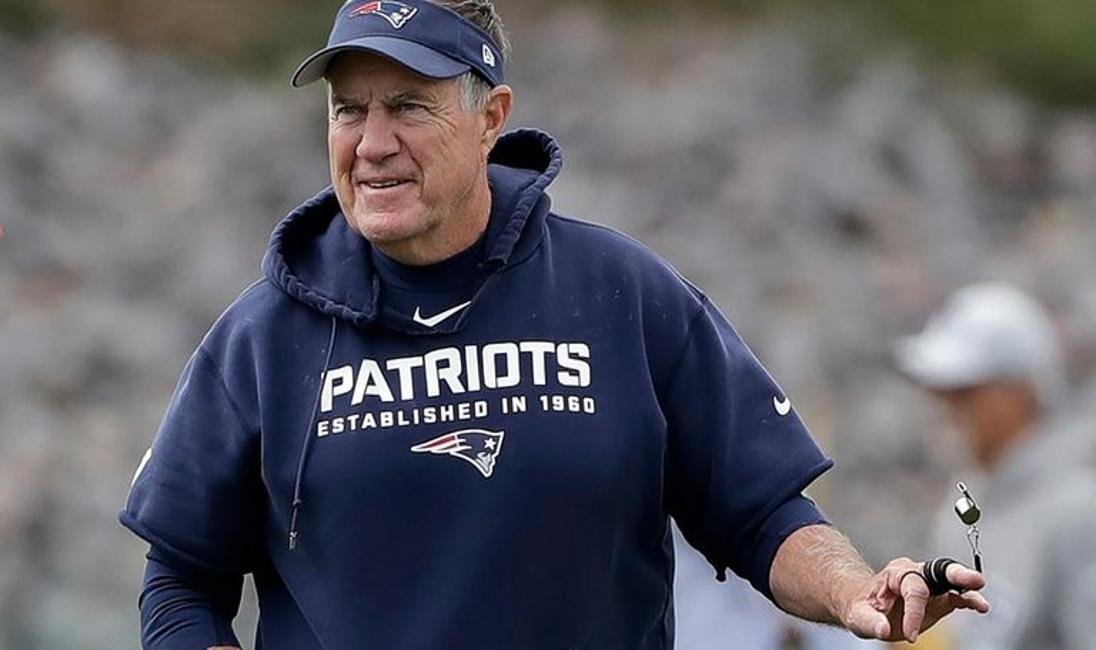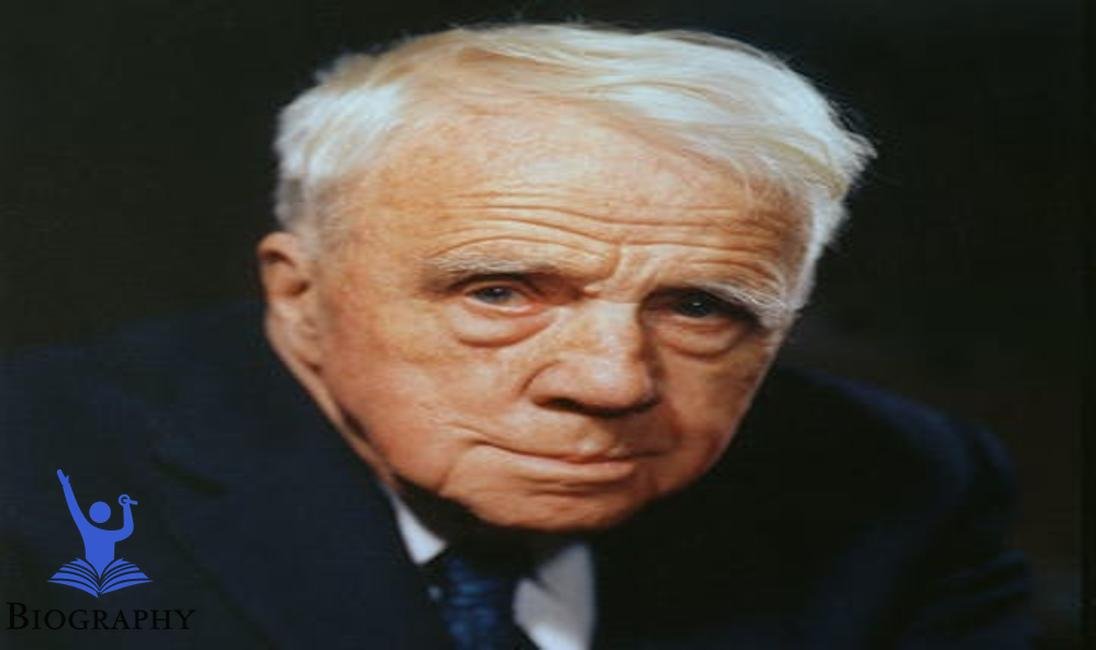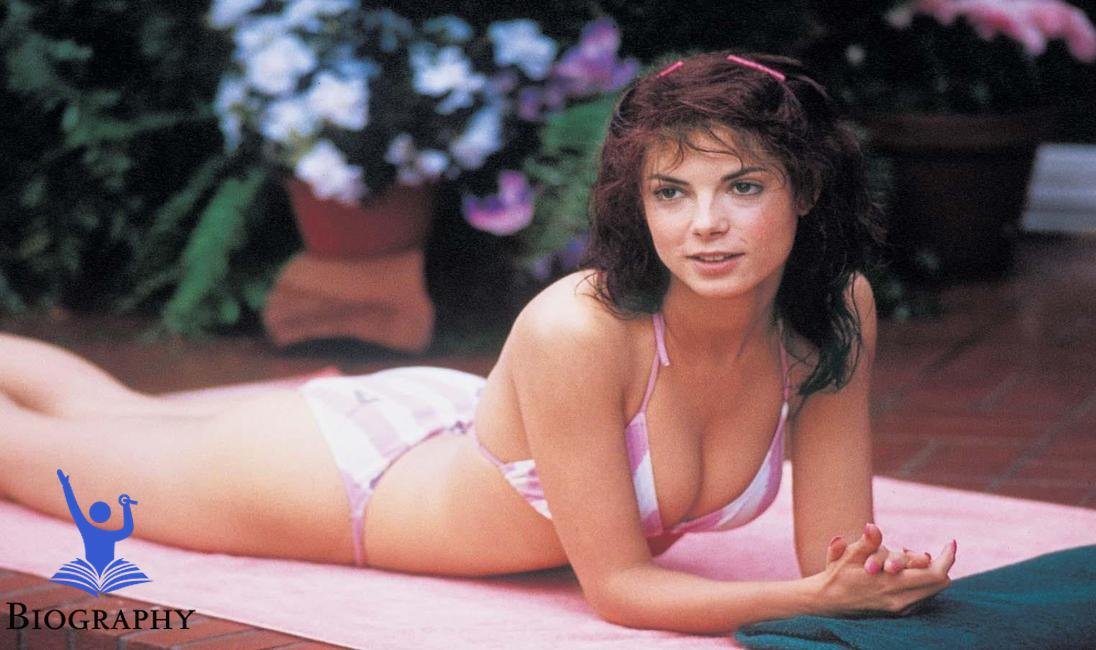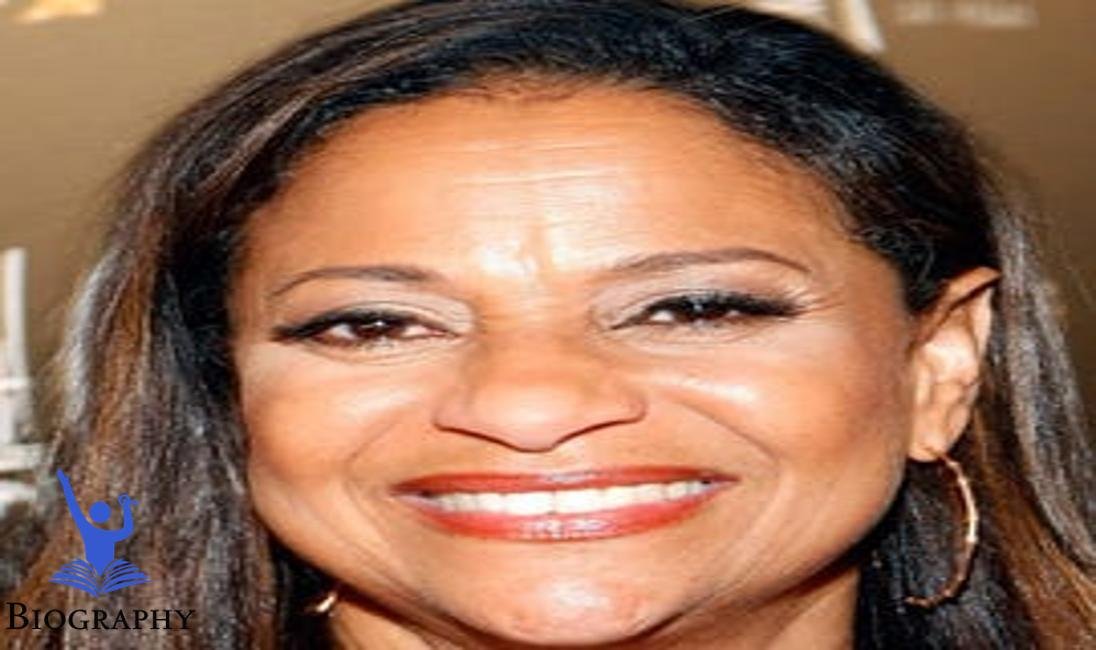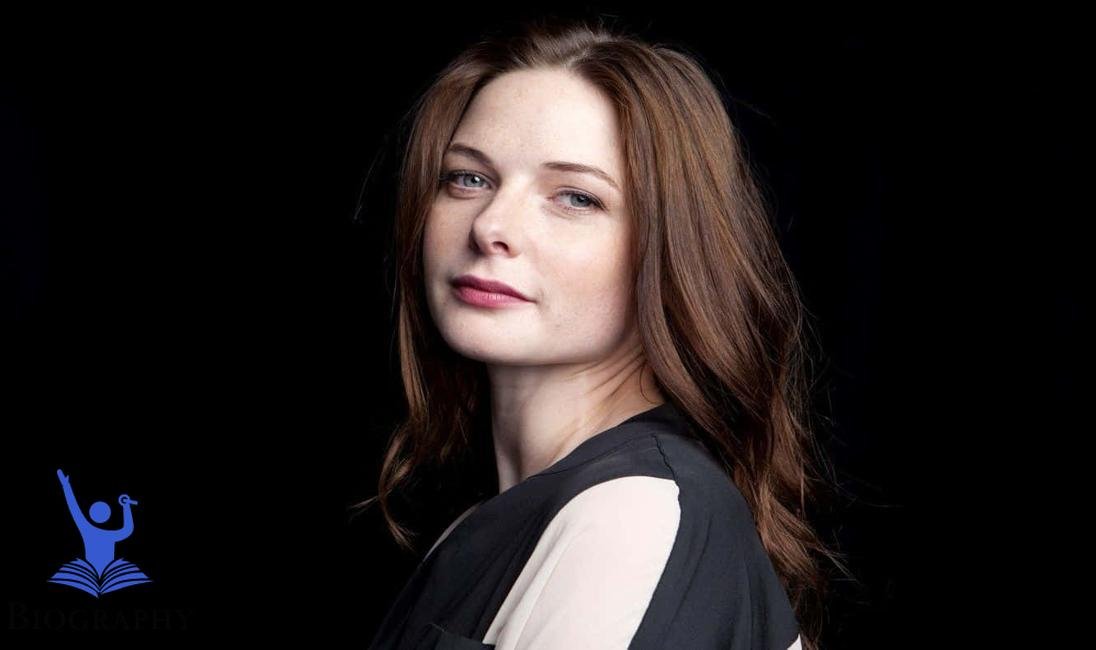Now Reading: Audre Lorde | Biography,poet,proffecor,Books,Facts & Wiki
-
01
Audre Lorde | Biography,poet,proffecor,Books,Facts & Wiki
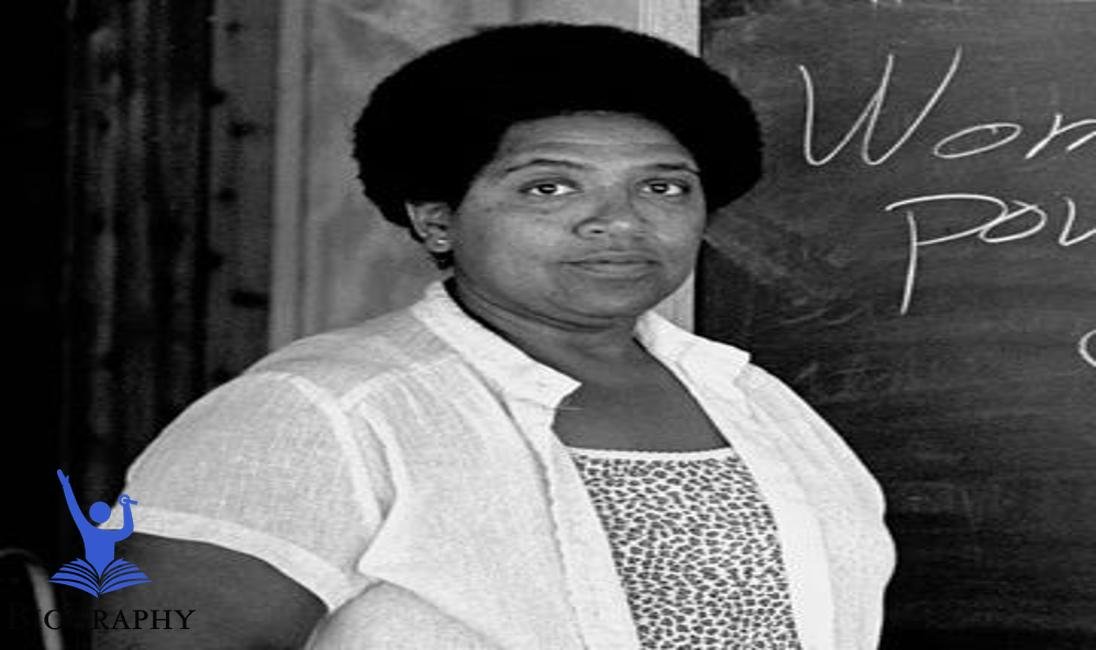
Audre Lorde | Biography,poet,proffecor,Books,Facts & Wiki
15 Inspiring Audre Lorde Quotes
Meta Description
Explore the life and legacy of Audre Lorde, an African-American feminist activist, author, and pioneering advocate for social equality. This blog features highlights from her life along with 15 provocative stories that highlight her commitment to women’s rights and dark liberation.
Quick Facts Table
| Fact | Details |
|---|---|
| Age | 78 (deceased in 1992) |
| Weight | Not publicly documented |
| Height | Not publicly documented |
| Original Name | Audrey Geraldine Lorde |
| Eye Color | Brown |
| Children’s Names | Elizabeth, Jonina, and a son (name not widely known) |
| Birthdate | February 18, 1934 |
| Spouse | Gloria I. Joseph (partner) |
| Home | St. Croix, U.S. Virgin Islands (later) |
| Hometown | Harlem, New York, USA |
| Origin | New York, USA |
| Exes | Several significant relationships, but not public about all |
| Brand Ambassador Roles | Advocate for various activist causes |
1. Early Life and Family
On Feb. 10, 18, 1934, Audre Lorde was brought into the world from Grenada in New York City for a migratory Caribbean guard. His mother, a homemaker, and father, a carpenter, gave him a sustainable environment that complimented the school and its culture. As the youngest of the three girls, Audrey often felt uncompromising in her humble nature. She faced challenges at a young age, such as the restrictions of austerity and sexism, that would later determine her outlook as a writer and lobbyist.
Lorde had her childhood in Harlem, where she was introduced to the luxuries of life. He noted his early interest in composition, which included expressive verse. Her identification as a person of color and a lesbian greatly influenced her work as she sought to express her complex identity.
2. Early Career and Struggles
After completing her education at Hunter College, Audre Lorde began working as a librarian while pursuing her writing career. Her early works were often met with challenges, including the struggles of being a Black lesbian writer in a predominantly white literary landscape. Despite these hurdles, she published her first collection of poetry, The First Cities, in 1968.
Lorde faced separation because of her race as well as because of her sexual orientation. These battles reinforced his determination to define the conventions and their minimum and support. She used her foundation to tackle issues of racism and sexuality, and to amplify the voices of people who have been largely silenced.
3. Rise to Stardom
Audre Lorde’s rise to prominence came in the 1970s, particularly with the publication of her poetry collections and essays. Her works such as Our Dead Behind Us and Black Unicorn showcased her unique voice and powerful imagery. Lorde became recognized as a key figure in the feminist movement, especially within the context of Black feminism.
A second milestone in her career was her cooperation with the 1977 Women’s Conference in Houston, Texas, where activist women’s discourse demanded consideration of underrepresented female voices That second this established his career as a powerful lobbyist and secretary.
4. Success
Lorde achieved remarkable success as a poet and essayist. Her influential works include Sister Outsider, a collection of essays and speeches that tackled issues of race, gender, and sexuality. The book’s title essay emphasizes the importance of intersectionality, a term that Lorde helped popularize. Her writings resonated with many, offering insights into the complexities of identity and social injustice.
Additionally, he stood firm in game situations and lectured around the world. Her commitment to the feminist agenda and the rights of the dark woman is impressive and inspiring for professional and scholarly time.
5. Failure
Despite her success, Audre Lorde has had bad luck throughout her career. Part of her work faced scrutiny as being too radical or not fitting into a typical feminist narrative. Also, he was struggling with a lot of medical problems, including battling a growth spurt that he directly explored in his later songwriting
Nevertheless, these challenges did not disturb his spirit. All things being equal, Lorde used her interview to advocate for better medical services for fewer devices, highlighting the intersection of race, orientation and well-being
6. Television Career
Although initially known as an academic, Audre Lorde made her TV debut. She participated in various movements and narratives, where she explored her role, classification, and importance of women’s liberties. These appearances allowed his message to reach a wider audience and strengthened his influence in cultural circles.
7. Humanitarian Work
Audre Lorde was deeply committed to charitable causes. Throughout her life, she championed social liberation, women’s liberation and LGBTQ+ rights. Lorde helped found Kitchen Table: Ladies of Variety Press, dedicated to presenting the creations of women of diversity and amplifying their voices in writing
His program broadened the scope of previously produced music, while working with studios and communities, refining efforts. Lorde believed in the strength of the school and its work in the pursuit of social change, and he often devoted his opportunity to involving others through teaching and mentoring
8. Personal Life and Controversies
In her personal life, Lorde spoke about her lifestyle as a lesbian, and her relationships, especially with her partner Gloria I. When she faced scrutiny from some in Women’s Entrepreneurship for posting her’ focused on human relationships and race, his dignified position on behavior and sexuality was widely discussed
Lorde also faced tough challenges raising her three girls as a single parent. The changes he made in activities, compositions, and everyday life forced him to explore complex cultural systems, which he incorporated into his later works.
9. Legacy / Awards
Although Audre Lorde died on November 17, 1992, her legacy lives on. She is hailed as a pioneering African-American essayist, feminist, and social equality advocate whose work has laid the foundation for contemporary conversations about multiculturalism and the rights of Black women
Throughout her career, Lorde received a variety of honors, including an American Institute of Archives and Letters Grant and a Lambda Abstract Honor. Her influence can be seen in writing, women’s independence and activism, which inspired countless people to acknowledge their character and fight for civil rights
15 Inspiring Audre Lorde Quotes
- “I’m not free while any lady is unfree, in any event, when her shackles are altogether different from my own.”
- “Your quietness won’t safeguard you.”
- “The experts devices won’t ever destroy the bosses house.”
- “Really focusing on myself isn’t narcissism, it is self-conservation.”
- “We are not all in almost the same situation, but rather we are all in a similar tempest.”
- “Not our disparities partition us. It is our powerlessness to perceive, acknowledge, and praise those distinctions.”
- “There is no such thing as a solitary issue battle since we don’t live single-issue lives.”
- “The more I talk, the more my reality unfurls.”
- “Verse isn’t an extravagance. It is a fundamental need of our reality.”
- “Our feelings of dread are layered, similar to an onion. In some cases you dont understand what will be uncovered until you strip away the layers.”
- “At the point when I try to be strong, to involve my solidarity in the assistance of my vision, then it turns out to be less and less significant whether I’m apprehensive.”
- “We can figure out how to persevere, yet we should likewise figure out how to live.”
- “Change is difficult. Change is a cycle, not an occasion.”
- “I’m my best work – a progression of guides, reports, recipes, doodles, and petitions from the forefronts.”
- “I won’t have my heart broken again and again on the grounds that I will not safeguard it.”


